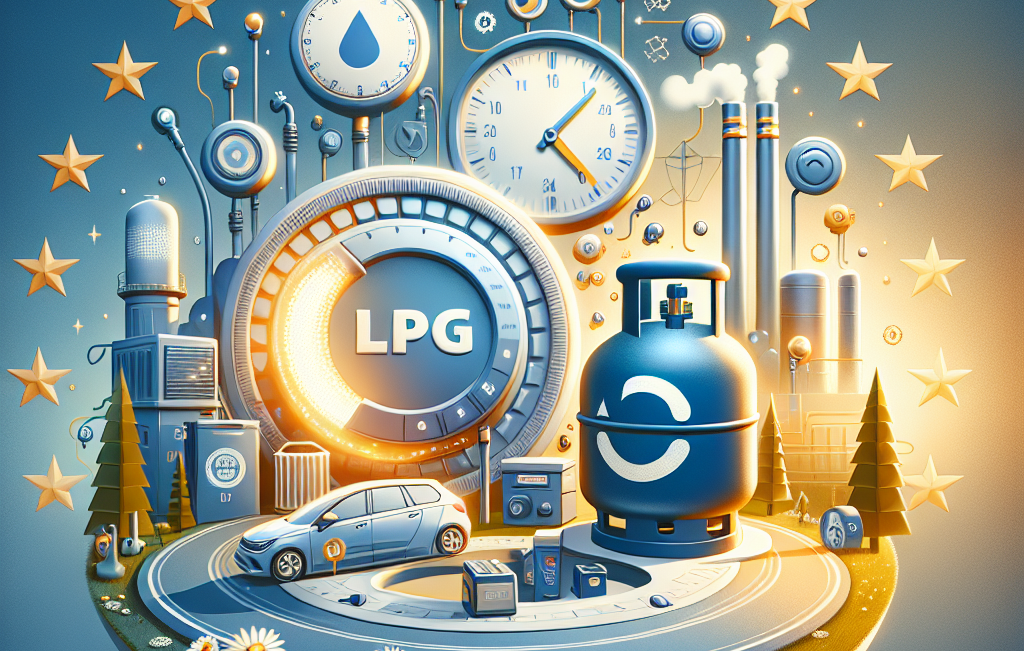In today’s rapidly evolving world, the energy industry stands as one of the most dynamic, multifaceted sectors. Its complexity is not just a matter of technology and economics, but also of geopolitics, environmental concerns, and societal impact. Understanding energy industry complexity is crucial for stakeholders ranging from policy makers and business leaders to consumers and environmental advocates. In this blog post, we’ll delve into the various aspects that contribute to the complexity of the modern energy industry and why comprehending these intricacies is more important than ever.
Technological Innovations and Challenges
The energy sector is in the midst of a technological revolution. The rise of renewable energy sources like solar, wind, and hydroelectric power is reshaping the industry landscape. Innovations in battery storage, smart grid technology, and energy efficiency are also playing a pivotal role. However, these advancements come with their own set of challenges. Integrating intermittent renewable resources into the existing grid, ensuring the reliability of energy supply, and managing the transition from fossil fuels are complex tasks that require sophisticated solutions.
Economic Factors and Market Dynamics
The energy industry is a significant driver of the global economy. Fluctuations in oil and gas prices can have far-reaching economic impacts. The shift towards renewables, while beneficial in the long run, requires substantial upfront investments and faces financial challenges. Additionally, the energy market is influenced by various factors including government policies, subsidies, and international trade dynamics. Understanding these economic aspects is crucial for making informed decisions, both at the policy level and in the business world.
Geopolitical Considerations
Energy is deeply intertwined with geopolitics. Countries rich in fossil fuel resources wield significant power on the global stage, while those dependent on energy imports are often at a strategic disadvantage. The quest for energy security drives many national policies. Moreover, international agreements and conflicts often revolve around energy resources, making the industry a focal point of global diplomacy and power play.
Environmental and Social Impact
The environmental impact of energy production and consumption is perhaps the most pressing concern of our time. The threat of climate change has brought the industry under scrutiny. The transition to a low-carbon economy is not just an environmental imperative but also a social one, as communities around the world face the impacts of pollution and climate change. Balancing economic growth with environmental sustainability and social responsibility is a complex challenge that the energy industry must navigate.
The Role of Policy and Regulation
Government policies and regulations play a decisive role in shaping the energy landscape. Policies supporting renewable energy, emissions targets, and energy efficiency standards are critical in steering the industry towards sustainability. However, policy-making in this sector is often a complex process, influenced by various interest groups and requiring a balance between multiple objectives.
Understanding the complexity of the modern energy industry is essential for navigating its challenges and capitalizing on its opportunities. From technological advancements to geopolitical strategies, and from economic considerations to environmental impacts, the
industry’s intricacies are profound. This complexity demands informed decision-making and strategic planning from all involved. As the world continues to grapple with climate change and seeks sustainable energy solutions, the importance of comprehending this complexity cannot be overstated. It’s a journey that requires continuous learning, adaptation, and collaboration among diverse stakeholders. Only by fully understanding the multifaceted nature of the energy industry can we hope to create a more sustainable, efficient, and equitable energy future for all.

